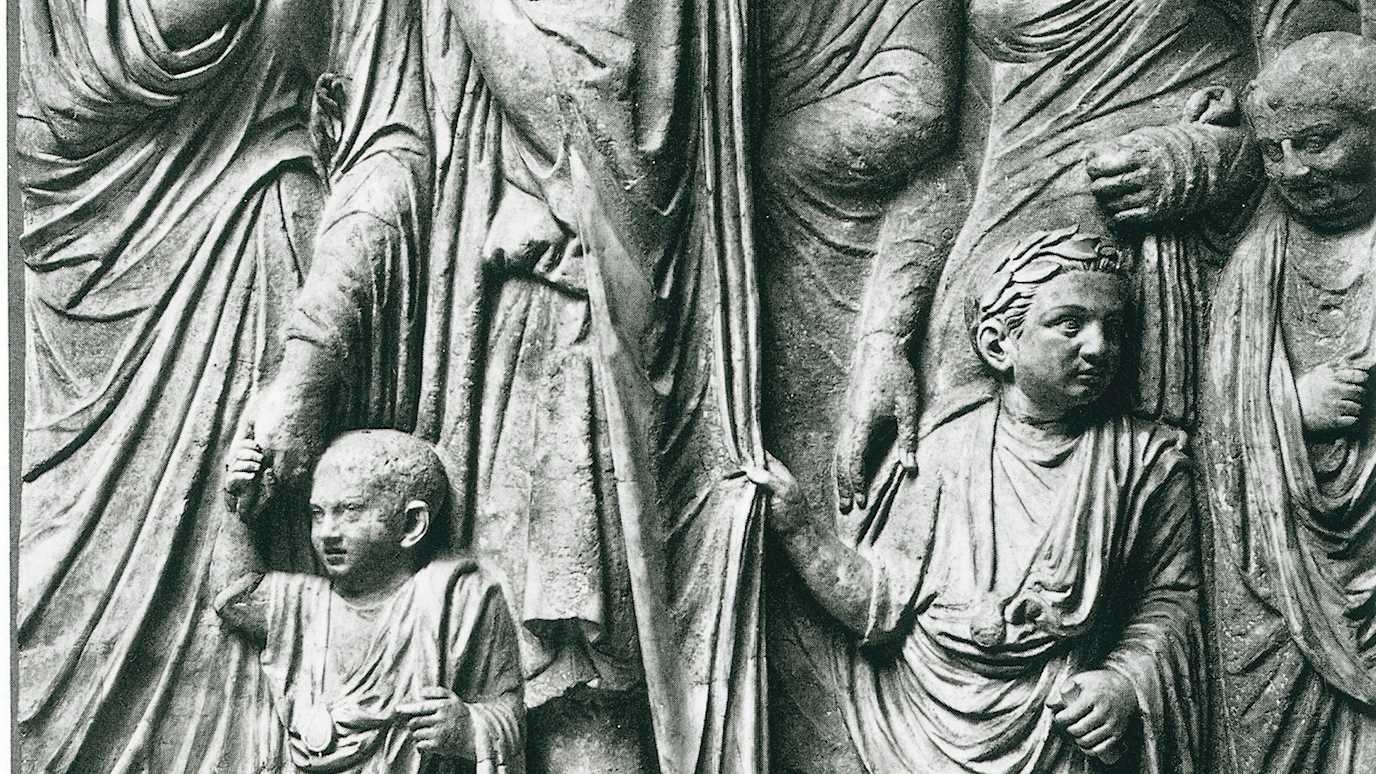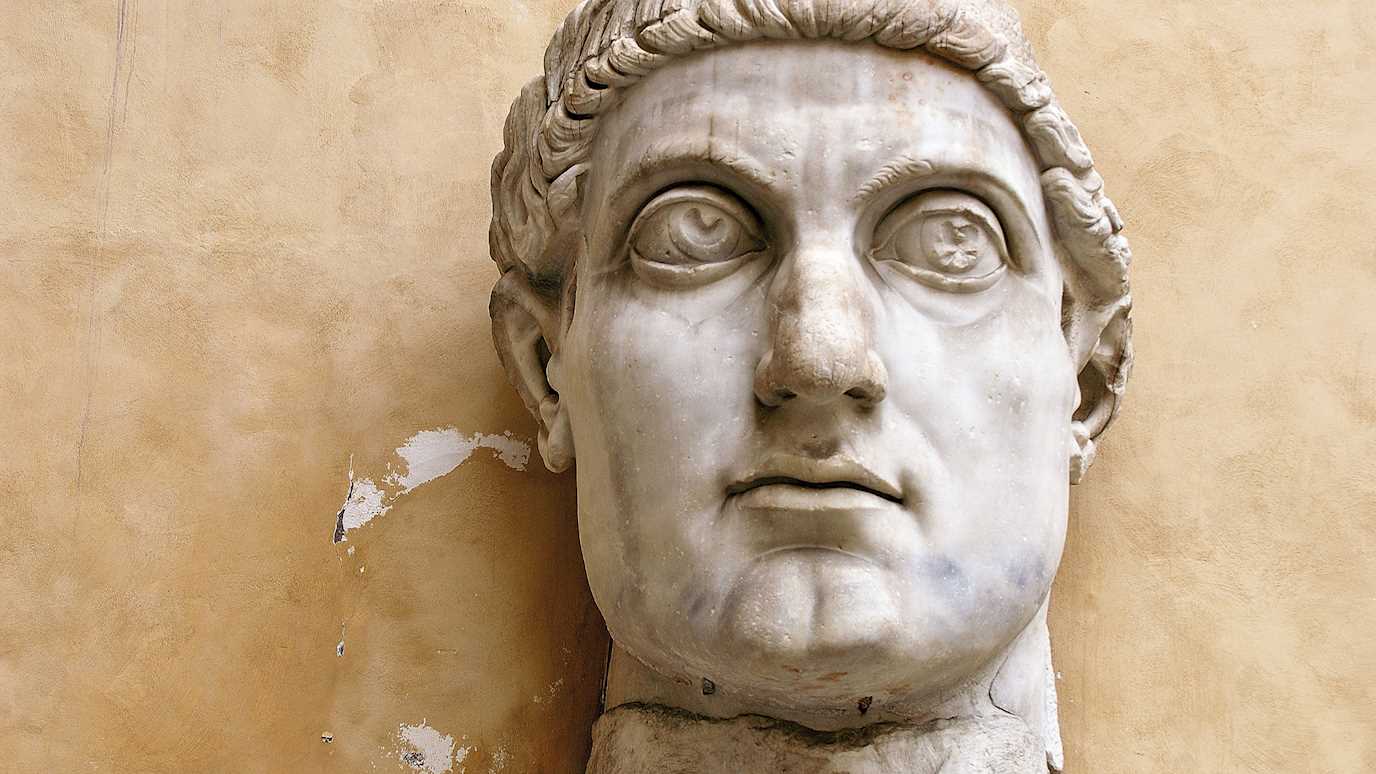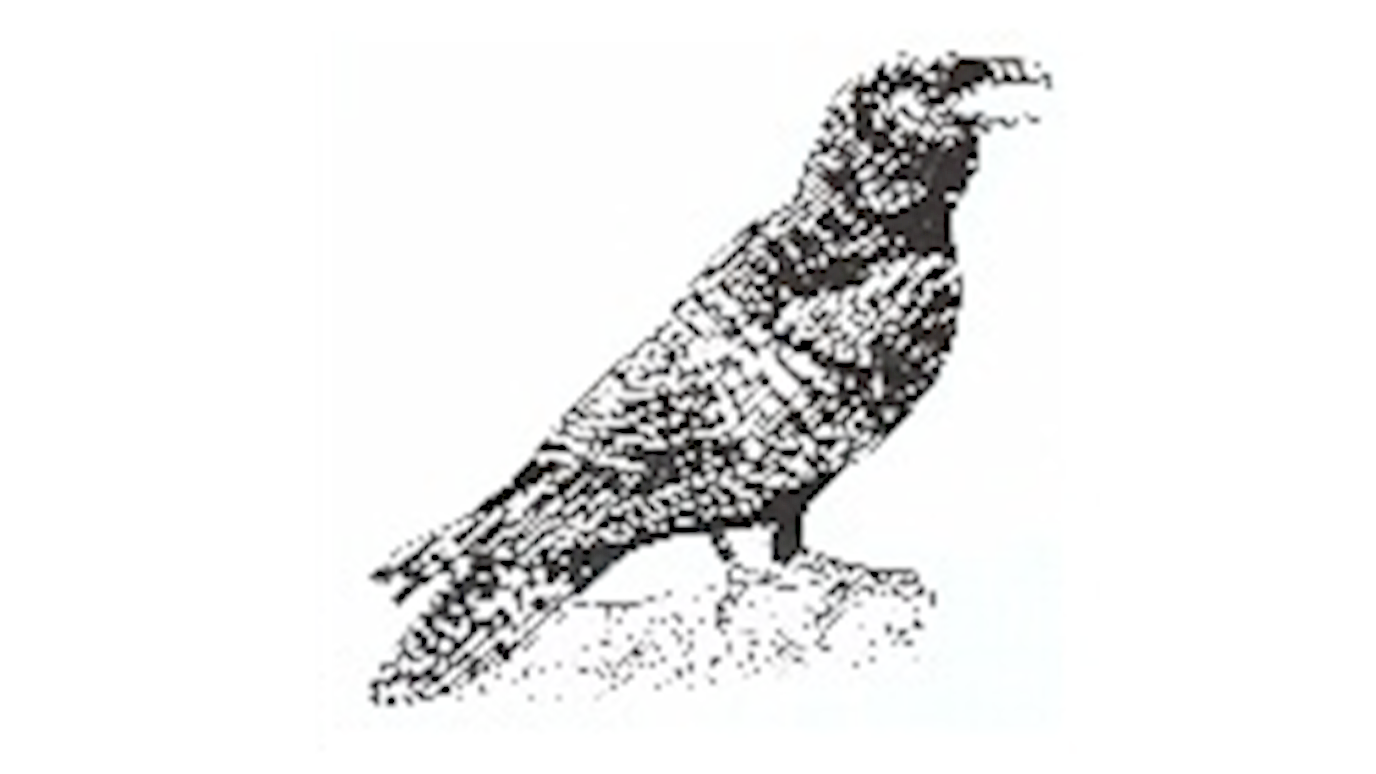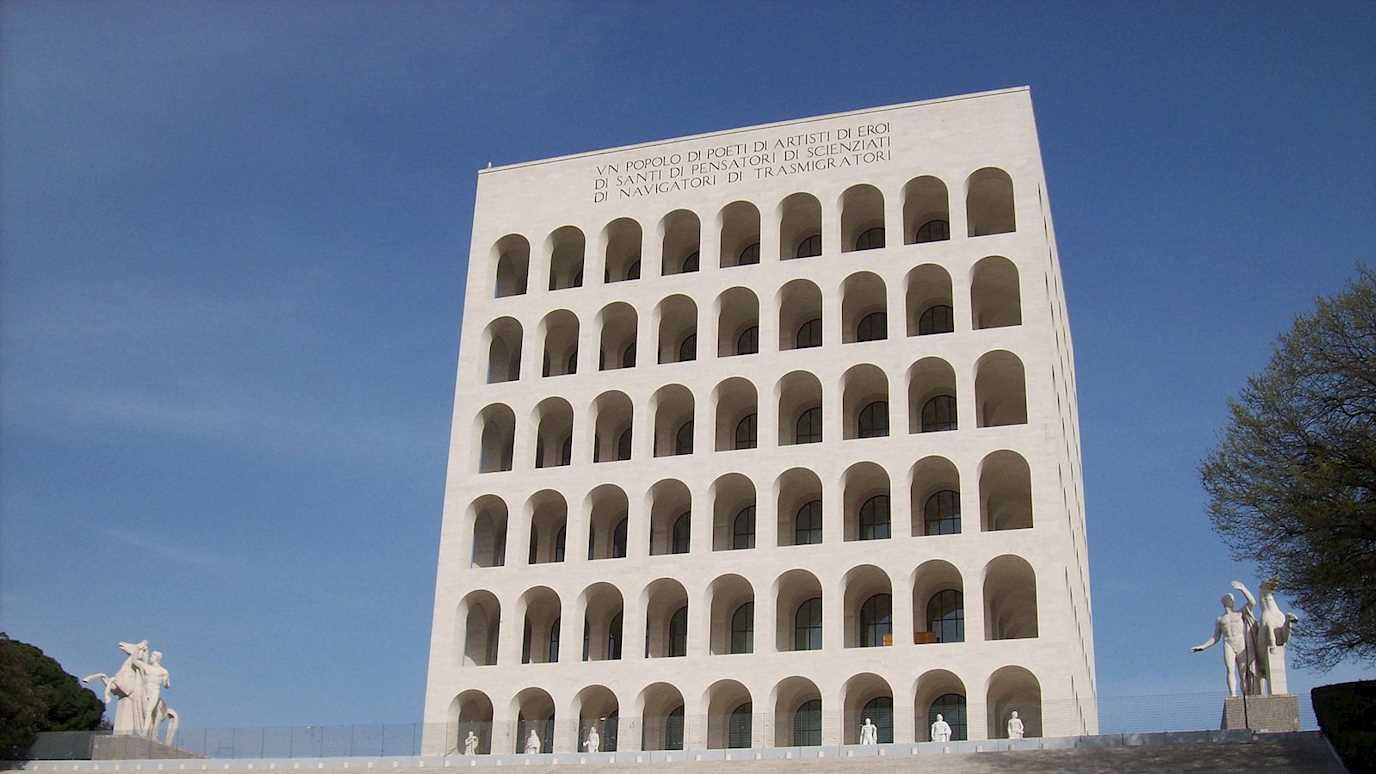We are a close-knit department offering a range of sub-disciplines, approaches, methodologies, and periods.
We are distinctive in our ambitious coverage of our subject, spanning literature, history, archaeology, and reception. Our core strengths include oratory, law and rhetoric (with a focus on Greek), multi-sensory experiences, digital archaeology, theoretically-driven approaches to Classical literature, and Classical reception. We pride ourselves on socially engaged research which speaks to the modern world. Classics is both part of contemporary culture and offers a critical distance from which we can reflect on and productively engage with current global challenges.
The core of the department's research comes from colleagues' individual interests and specialisms, but our researchers also work within their disciplinary sub-areas centred in the Centre for Oratory and Rhetoric (COR) and the Centre for the Reception of Greece and Rome (CRGR). Our Pure Portal provides up-to-date researcher profiles for staff and postgraduate research students in the department.
Ongoing Research Projects
Our current research projects include:
- Zena Kamash (Principal Investigator), 'Crafting Heritage for Well-Being in Iraq’.
- Jari Pakkanen (Principal Investigator), 'Urban Landscape of Naxos in Sicily’.
- Erica Rowan (Principal Investigator), 'Negotiating the Modernity Crisis: Globalization, economic gain and the loss of traditional and sustainable food practices in Turkey’ [UKRI].
- Mengzhen Yue (Principal Investigator), 'Luo Niansheng and Aristotle’s Rhetoric' (British Academy Visiting Fellowship).
- Mengzhen Yue (Principal Investigator), 'Constructing the 'Barbarian Other' in Attic Oratory of the Fourth Century B.C.E.’ (UKRI £187,096)
Our completed research projects can be viewed here.
Activities, Engagement and Impact
Our research engages. We work in partnership with colleagues and organisations through numerous events, conferences, seminars, and workshops. These normally international events drive forward our collaborative research, developing new ideas and methodologies often across disciplinary boundaries. Our research also has impact beyond the academy in schools, cultural institutions, and communities across the globe.
Dabis Encounters
The Dabis Memorial Fund was founded in 1908 by past and present students of the Royal Holloway College, colleagues and friends to institute a lecture in memory of Miss Theresa Dabis, who was for twelve years the head resident lecturer in Classics at the College, from 1887 until 1899. She died in 1906.
The first Dabis Memorial Lecture was given on 25 February 1911 by Professor E. A. Gardner of University College. The subject of the lecture (which was illustrated by lantern slides), was 'The Early Art of Athens and Sparta’.
Honours Roll
- Professor Angelos Chaniotis: The Elgin Marbles, Stern's Collection & Cultural Heritage (16 May 2024).
- Professors Lene Rubinstein and Elena Isayev: 'Every Face Has a Name: war and displacement in the ancient world' (11 May 2023).
- Professor Onno van Nijf: 'Connecting the Greeks: festival networks in the Hellenistic and Roman world’ (6 February 2019).
- Tom Holland: 'Writing as a Popularis: ancient history outside the university’ (7 February 2017).
- Professor Robin Osborne: 'Turning art into history: the case of classical Athens’ (24 February 2015).
- Professor Sir Anthony Kenny: 'On translating Aristotle’s ethics’ (11 February 2014).
- Dr Jas Elsner: 'Visual ontologies: style, archaism and the construction of the sacred in the western tradition’ (25 February 2013).
- Robin Lane Fox: 'Why Pericles matters’ (9 February 2012).
- Dr Apostolos Doxiadis: 'From Mimesis to Aristotle for Screenwriters: what can a modern writer learn from the ancient Greeks about writing?’ (3 March 2011).
- Dr Margaret Reynolds: 'George Eliot and the Classics’ (9 November 2009).
- Germaine Greer: 'Sappho: myth or history?’ (4 February 2008).
- Professor Pat Easterling: 'Greek tragedy and the ethics of revenge’ (1 February 2007).
- Professor Paul Cartledge: 'Socrates (re)tried and tested’ (28 March 2006).
- Professor Richard Jenkyns: 'Imaging Greece: the Greek revival in British architecture’ (3 February 2005).
- Professor Richard Sorabji: 'The self in ancient thought’ (26 February 2004).
- Professor Martin Goodman: 'Herod’s Temple: the role of the Jerusalem Temple in 1st century’ (13 February 2003).
- Professor Edith Hall: 'The ancient actor’s presence since the Renaissance’ (29 January 2002).
- Dr Susan Walker: 'Cleopatra and Rome: portraits and politics’ (15 February 2001).
- Marina Warner: 'Signs and wonders and metamorphoses’ (8 February 2000).
- Professor Elaine Fantham: 'Procul este, profanae! Women in Roman religious life’ (28 October 1998).
- Professor Oliver Taplin: 'On the trail of Oedipus’ (9 February 1998).
- Professor Andrew Wallace-Hadrill: 'Pompeii unpeeled: the House of the Gold Ass’ (11 March 1997).
- Sir John Boardman: 'Persians and Greeks’ (27 February 1996).
- Professor John Barron: 'From Polygnotus to Apelles: the rediscovery of Greek painting’ (28 February 1995).
- Dr John Prag: 'Reconstructing ancient faces: from forensic science to archaeology, and some way beyond’ (4 December 1991).
- Professor Earnest Arthur Gardner: 'The Early Art of Athens and Sparta' (25 February 1911).
Interdisciplinarity
Interdisciplinarity is a central element of our research work, whether interpreted conservatively (links between literature and philosophy and history; archaeology and history), in new science-arts crossovers (Lowe, Kremmydas), or theory and Classics (Alston, Spentzou). Science-led methodologies are deployed by Jari Pakkanen in architectural reconstruction, recording and quantification and Erica Rowan’s studies of archaeobotanical remains. Zena Kamash is working with psychologists to investigate well-being and heritage in contemporary Iraq.
Classics is a 'hub' subject. The department’s disciplinary engagements intersect with the interests and skills of colleagues across the intellectual and disciplinary range at Royal Holloway.
- History – The Centre for Oratory and Rhetoric collaborates with the Holocaust Research Institute, while the Roman History Forum brings together Roman and Byzantine historians in History and Classics.
- English – We have shared interests in literary theory and Classical reception and our projects in gender literature in particular cross over all areas in the School of Humanities.
- Philosophy – Liz Gloyn works with John Sellars on stoicism, hosting conferences and seminars on later Stoic thinkers.























